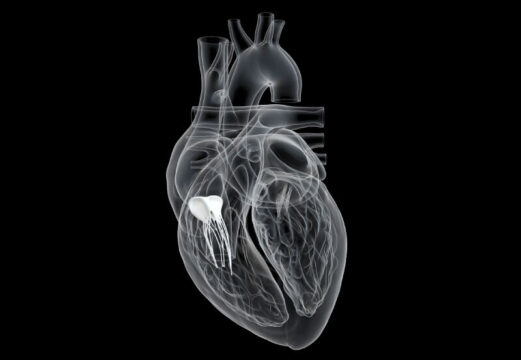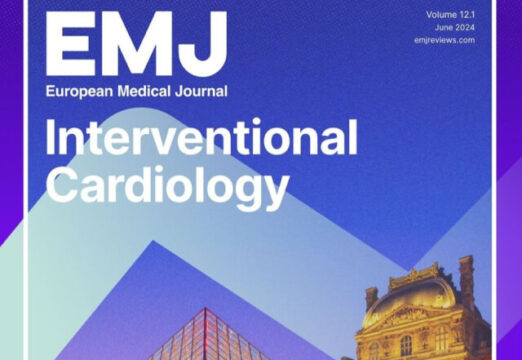Early rhythm control therapy in patients recently diagnosed with atrial fibrillation reduces the risk of cardiovascular events compared against the usual treatment of frequency control.

These data come from the EAST-AFNET 4 trial recently presented at ESC 2020, simultaneously published in NEJM.
These data suggest that we should offer patients early rhythm control therapy to prevent future cardiovascular complications.
Prior studies, such as the AFFIRM, had not been able to identify the benefits of early rhythm control against ventricular response control therapy in the prevention of hard events.
The EAST-AFNET 4 randomized 2789 patients to early rhythm control (with drugs and/or ablation) vs. standard treatment (ventricular response control).
Read also: Can Aspirin Use Be Interrupted After Angioplasty?
In the control group, the drugs most often used were flecainide followed by amiodarone. Ablation was used in 8% initially but reached nearly 20% after 2 years.
The trial was stopped after mean 5.1-year followup after the interim analyzis confirmed efficacy in the rhythm control arm. Primary efficacy end point (composite of cardiovascular death, stroke and hospitalization for cardiac failure or cardiac event) was reduced 20% in relative terms (HR 0.79; CI 95% 0.66 to 0.94; p=0.005). This equals 3.9 every 100 patients vs. 5 every 100 patients. All primary end point components showed the same trend when analyzed separately.
Safety end points also resulted similar in both arms, even though initially they were more frequent in the rhythm control arm, which was expected of a study involving an invasive procedure (with potential complications) with ablation.
Original Title: Early rhythm-control therapy in patients with atrial fibrillation.
Reference: P. Kirchhof et al. New Engl J Med. 2020; Epub ahead of print y presentado en el congreso ESC 2020.
Get the latest scientific articles on interventional cardiologySubscribe to our weekly newsletter
We are interested in your opinion. Please, leave your comments, thoughts, questions, etc., below. They will be most welcome.





